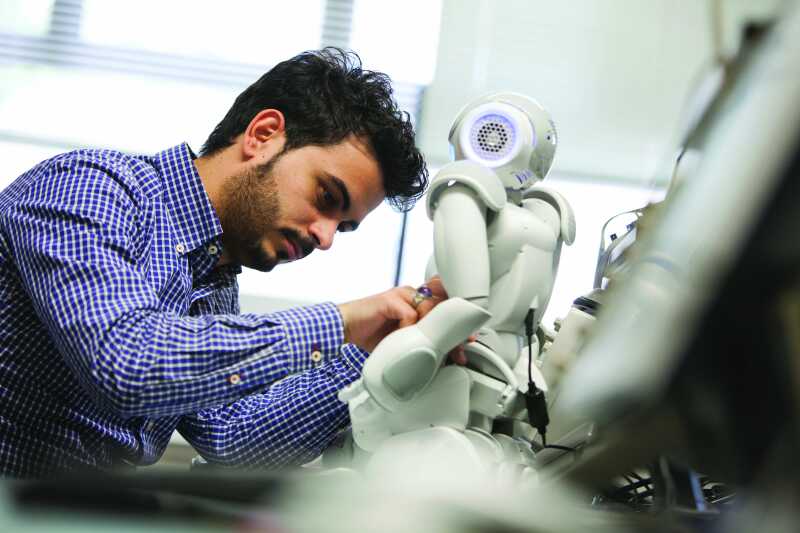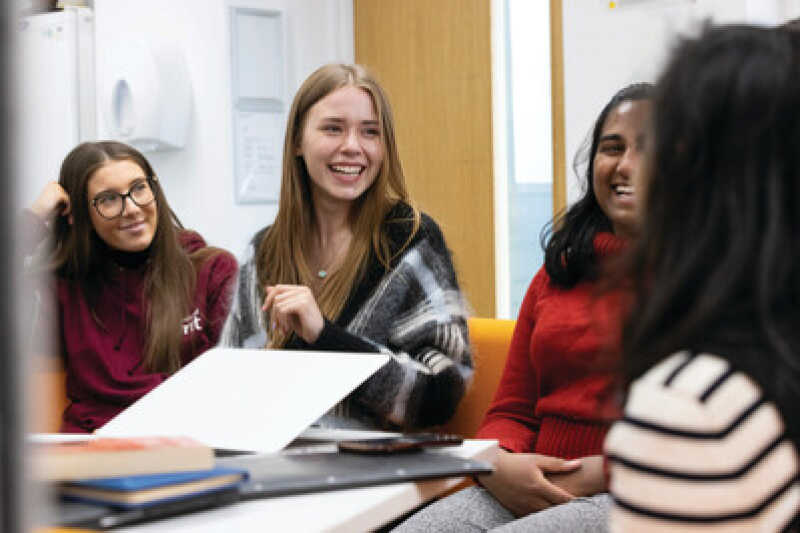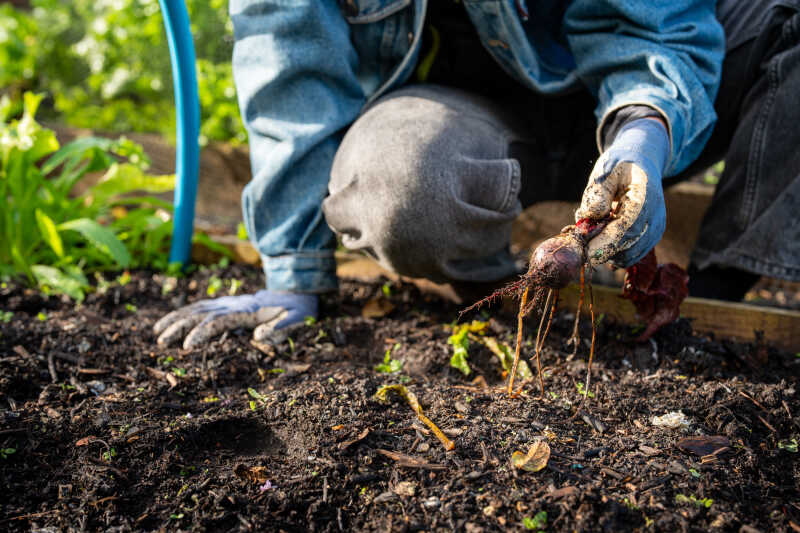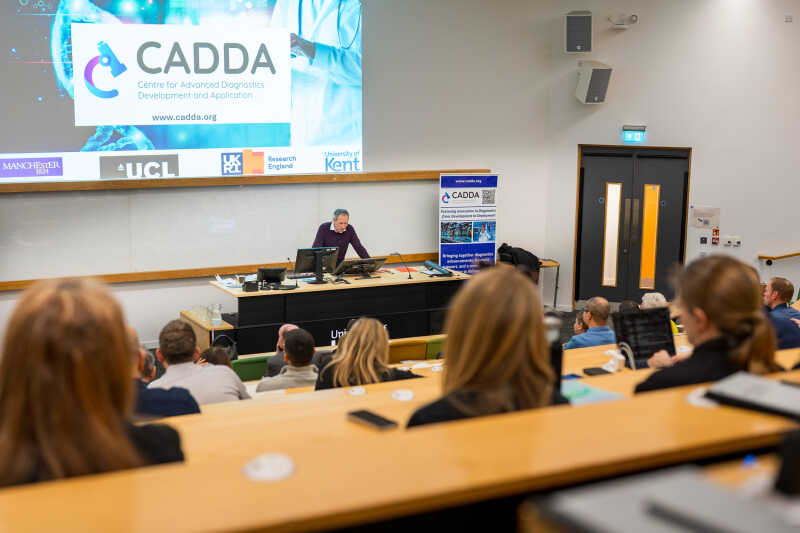Engagement and impact
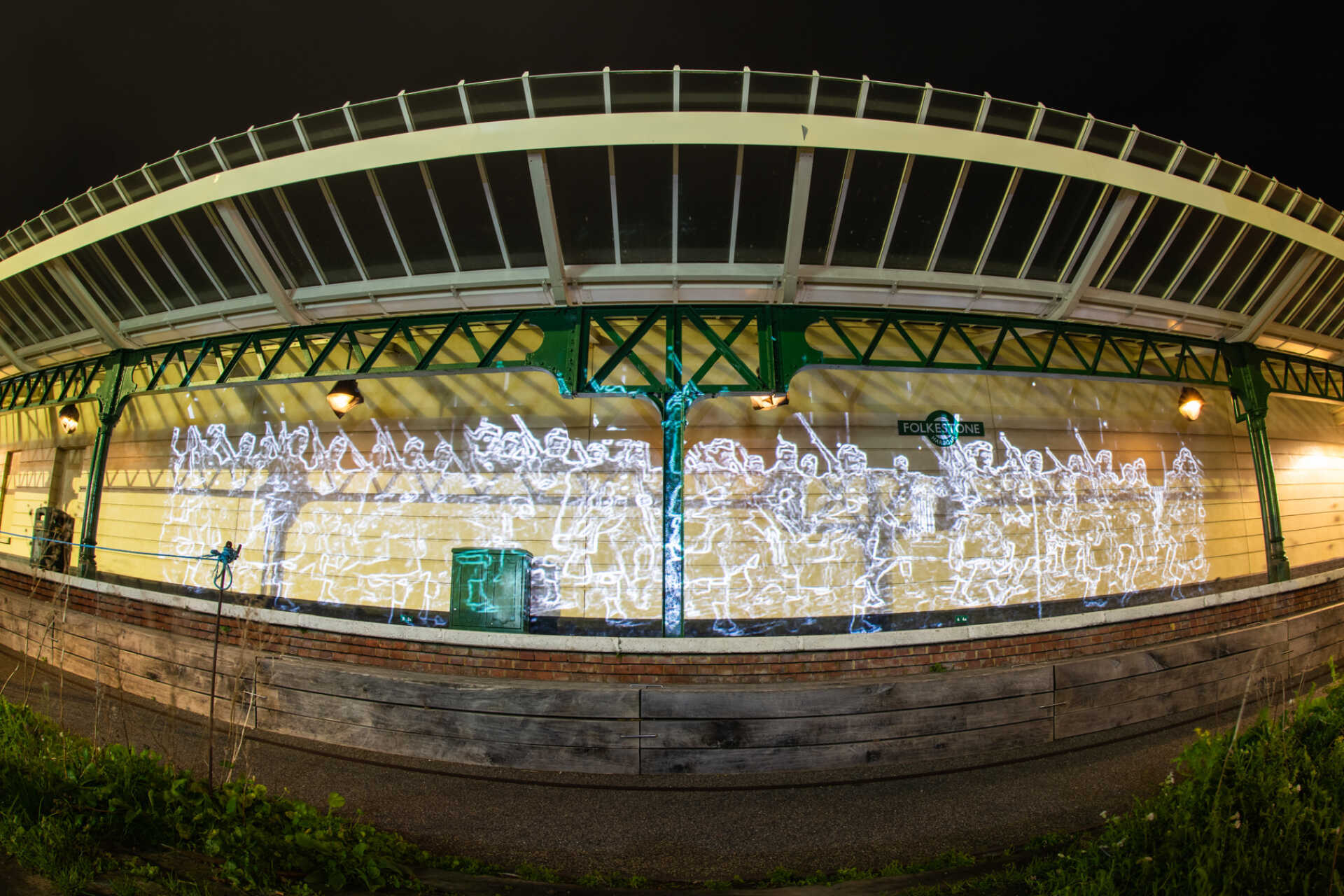
World-leading impact
In the Research Excellence Framework 2021, Kent was confirmed as a leading research university, with the majority of our REF submissions rated as world-leading or internationally excellent.
We also rose by 11 places to 38 in the Times Higher Education’s ranking for overall quality in the REF.
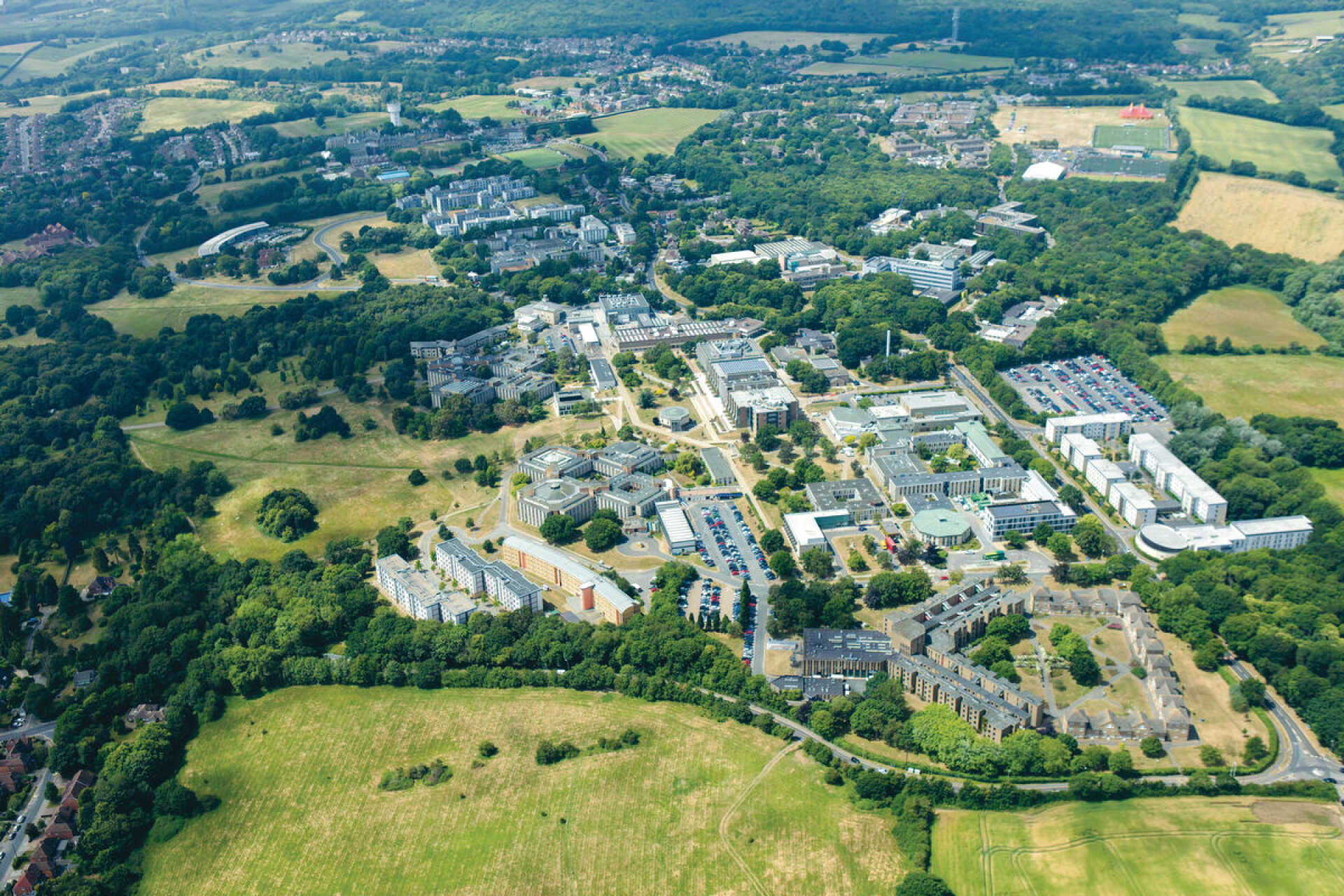
Our commitment to research excellence
In line with our Research and Innovation Strategy, we value and reward people for their contributions, ensuring that we are a sector leader for the quality of our research and innovation culture and environment.
Research excellence refers to the quality and impact of academic research. This is monitored through the Research Excellence Framework (REF), a system used in the UK to assess the quality of research at higher education institutions with the aim of securing the continuation of a world-class, dynamic and responsive research base across the full academic spectrum within UK higher education. Read more
Knowledge Exchange is the two-way exchange of ideas, evidence, research, experiences and skills between researchers, students and research users. These activities are assessed through the Knowledge Exchange Framework set up to increase the efficiency and effectiveness in the use of public funding for knowledge exchange and to further a culture of continuous improvement in universities. Read more.
We have also signed the Knowledge Exchange Concordat which aims to give universities and their staff and students clarity of mission and to support their approach to KE.
The Concordat to Support the Career Development of Researchers, commonly known as the Researcher Development Concordat, is an agreement between stakeholders including Kent to improve the employment and support for researchers in UK Higher Education.
As signatories of this concordat, we recognise the need to change how we conduct research and innovation as well as promote wider solutions and have agreed to take shared action now and in the future to reduce and eliminate our own negative environmental impacts and emissions and achieve the transition to sustainable practices. Read the letter from our Vice Chancellor.
Community engagement
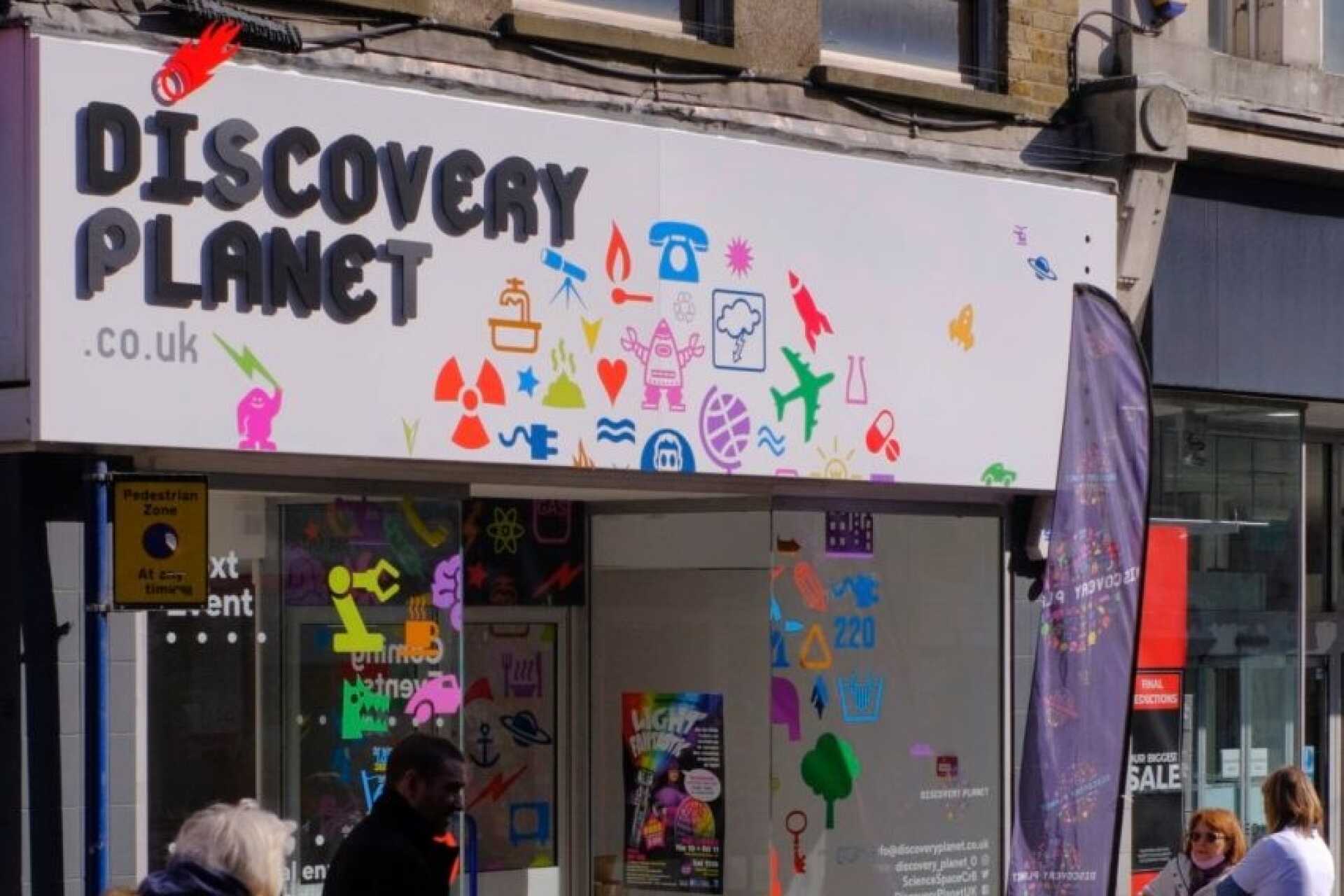
Discovery Planet
Our researchers are delivering inspirational, enriching STEM workshops for communities at Discovery Planet on Ramsgate High Street.
Public Lectures
We host public lectures open to the community throughout the year at both our Canterbury and Medway campuses.
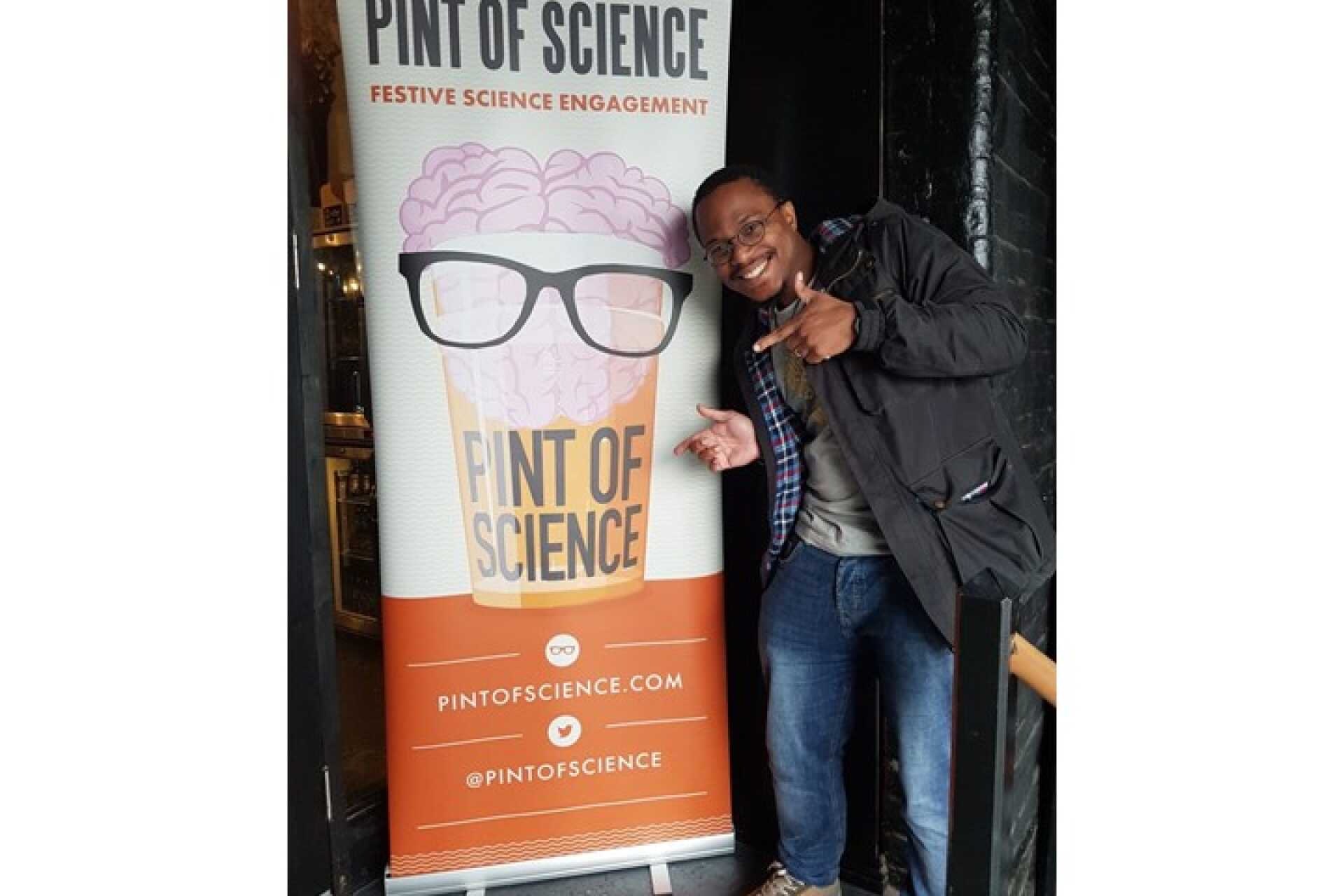
Pint of Science
We take part in this annual worldwide science festival which brings researchers to your local pub/cafe/space to share their scientific discoveries.
Cyber Security 4 Society
Our Institute of Cyber Security for Society regularly engages with schools and wider society to further public understanding of cyber security.
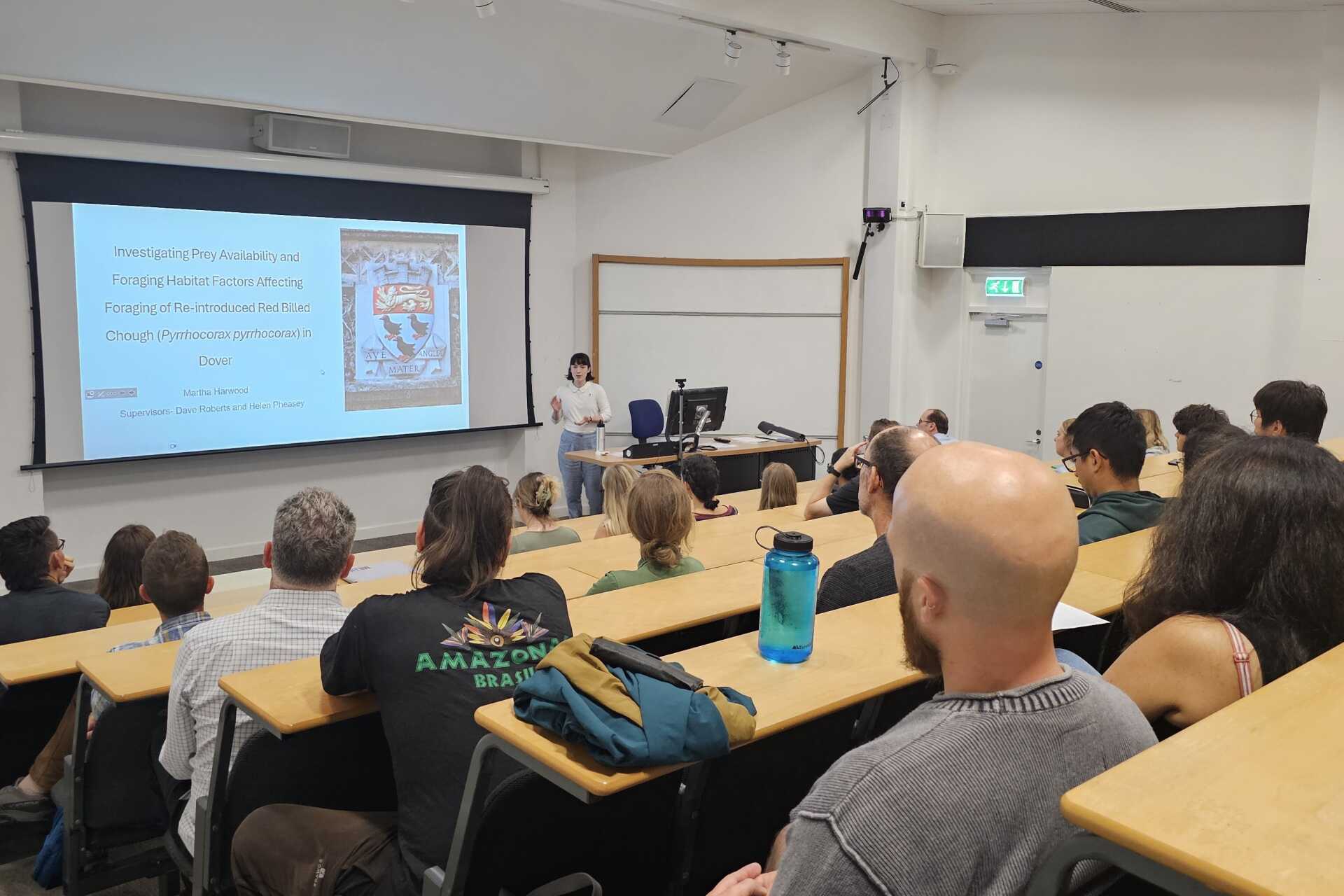
DICE Talks
Curious about wildlife conservation and the natural world? Our esteemed Durrell Institute of Conservation and Ecology hosts free monthly talks offering an insight into their research.
